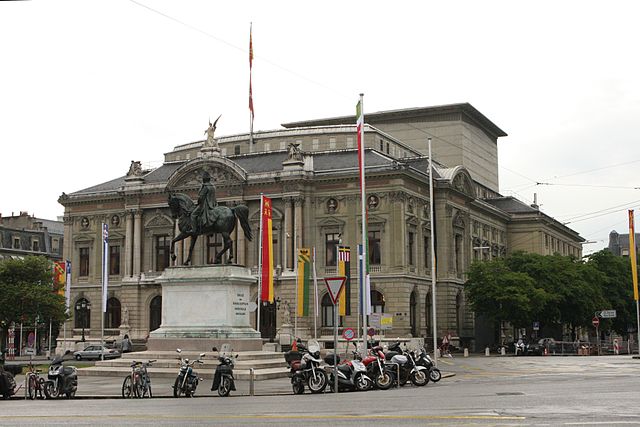In late February, President Trump promoted trade policy adviser Peter Navarro to assistant to the President. As a trade policy adviser, Mr. Navarro reported directly to White House Economic Adviser Gary Cohn. It is well known that Mr. Navarro (a Harvard-trained economist who wrote a book titled Death by China) has very protectionist ideals in regards to trade, while Mr. Cohn (the former President of Goldman Sachs) is a proponent of free trade. Effectively, Mr. Cohn served as a buffer between Mr. Navarro and President Trump. However, once Mr. Navarro was placed in a position where he could advise the President directly, we felt that some more extreme trade policies were on the horizon.
In less than a month, Mr. Navarro’s influence on President Trump was plain for all to see. Furthermore, Mr. Cohn resigned from his position following his futile attempt to convince President Trump not to go through with the tariffs. The equity markets suffered an immediate pullback on the announcement of Mr. Cohn’s resignation due to fears that the US would become even more protectionist without the influence of his globalist views. Fortunately for the market, Mr. Cohn’s replacement is CNBC commentator Larry Kudlow. Before embarking on a television career, Mr. Kudlow had been the chief economist at Bear Stearns and is known for having a very globalist view on trade. We believe the market will draw comfort from the appointment of Mr. Kudlow as Economic Adviser rather than Mr. Navarro.
This has happened before
In 2002, the administration of George W. Bush placed tariffs on steel products ranging from 15 to 30% in an effort to save the US steel industry. Back then, several steel producers had declared bankruptcy amidst a surge in steel imports. The government decided it needed to protect the companies of the steel industry for a period of three years to give time to restructure and emerge as more competitive players. Just like now, Canada and Mexico (thanks to NAFTA) were excluded from the tariffs of 2002.
Almost immediately, the European Union imposed tariffs and filed a case with the WTO. Several other countries filed similar cases and the WTO eventually ruled against the US. Following the international backlash and disappointing results for the economy, President Bush rescinded the tariffs only 18 months after their implementation.
“I don’t think it was smart policy to do it…The results were not what we anticipated in terms of its impact on the economy or jobs.”
Andrew Card Jr., White House Chief of Staff under George W. Bush
Back in 2002, one of the actions considered by the EU was to place tariffs on oranges from Florida. For those not familiar with US regional politics, Florida is considered to be a swing state and President Bush won the state (and the overall election) by the narrowest of margins in 2000. The EU does not blindly select products on which to place tariffs; it wisely chooses products produced in politically sensitive states.
This time around, the EU is targeting Harley Davidson, which has manufacturing plants in Pennsylvania and Wisconsin, states that were important to Trump’s victory. Furthermore, Wisconsin is the home state of Speaker of the House Paul Ryan. Another product being targeted is Kentucky Bourbon which is made in the home state of Senate Majority Leader Mitch McConnell.
The immediate economic impact seems mild but might only be the tip of the iceberg.
To be fair, steel and aluminum represent less than 2% of the country’s imports. Considering solely these two products, the overall impact to global trade should be modest. Unfortunately, these tariffs are not occurring in a vacuum and they might only be the tip of the iceberg as we await the outcome of the pending Section 301 investigation.
The investigation is focused on determining whether China’s actions relating to intellectual property and the forced transfer of technology discriminate against the US. The White House has signaled that there could be an announcement in regards to the investigation within a few weeks. Media reports are already speculating that the White House is considering imposing several new tariffs on $60 billion of Chinese products due to disagreements on intellectual property rights.
In fact, indirect actions against China may have already started. President Trump recently ordered Broadcom to “immediately and permanently abandon” the acquisition of Qualcomm for reasons of national security. The government did not disclose the details of why it is in the interest of national security for Qualcomm to stay independent, but Wall Street analysts are speculating that there was a fear that Broadcom would cut the R&D budget at Qualcomm, allowing Chinese telecommunication equipment company Huawei take the lead in the development of 5G wireless technology.
Column by Charles Castillo, Senior Portfolio Manager at Beta Capital Wealth Management. Crèdit Andorrà Financial Group Research.




 By Fórmate a Fondo
By Fórmate a Fondo
